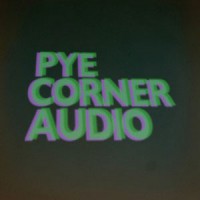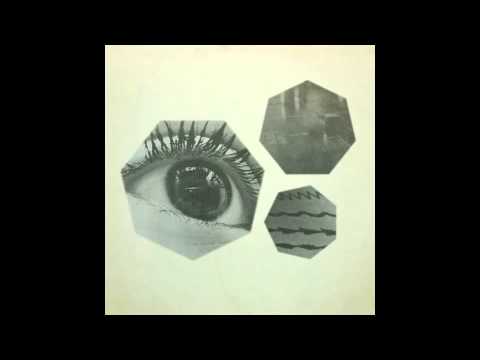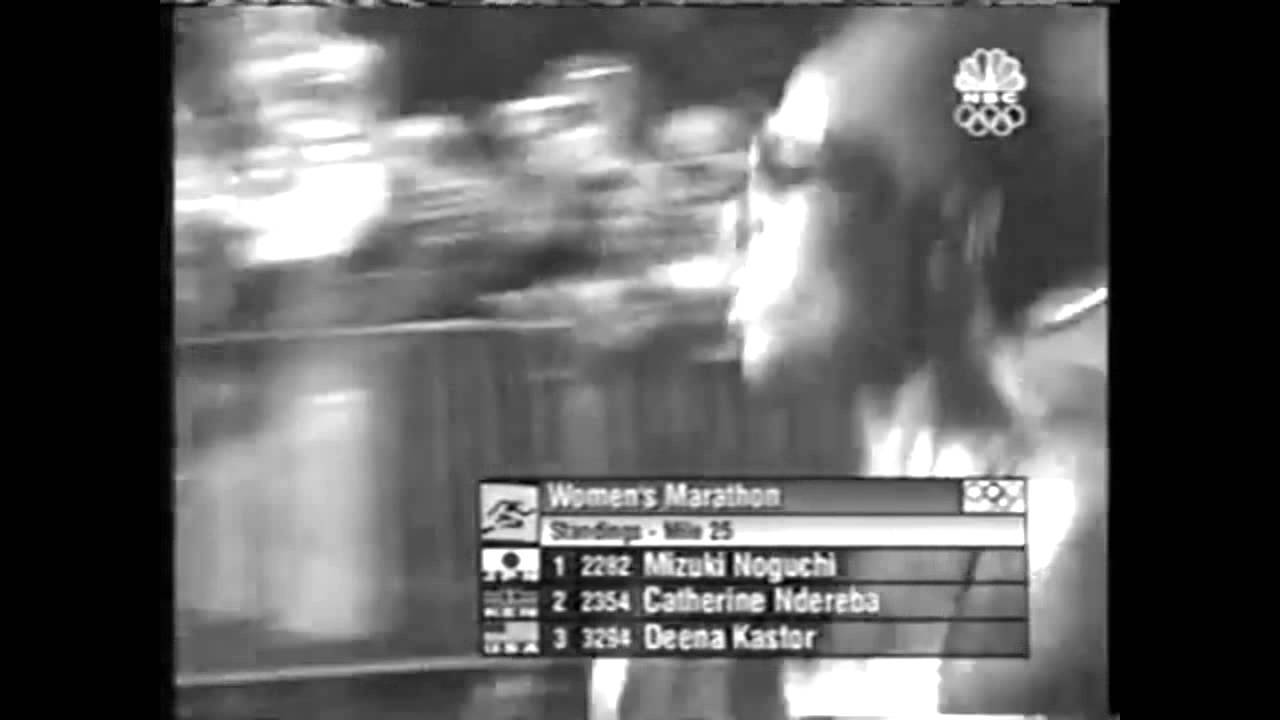"The past inside the present", a vocal sample from Boards of Canada’s ‘Music Is Math’, has become the de facto manifesto for a growing cadre of producers fascinated by the sound cues and audio technologies of a bygone age – specifically, the misty hinterlands of mid-70s to early 80s electronic music. Acts such as Belbury Poly, Mordant Music, Zombi, The Wyrding Module, and of course Boards of Canada themselves have gone back to the analogue mother lode of Eno, Tangerine Dream/Edgar Froese and the film music of John Carpenter and Claudio Simonetti for both inspiration and what sometimes sounds like consolation against the harsh digital glare/blare of modern culture. Pye Corner Audio are very much fellow travellers on this voyage into the past.
Because while pseudo-concepts such as hauntology have been invoked in the service of contextualising their music, it feels to me that these artists are actually doing something similar to what the folk rock movement did in the early 70s, only with monophonic synths and primitive drum machines rather than mandolins and bodhráns. There’s the sense of a return to a more innocent and mysterious time when electronic music featured on Tomorrow’s World and sounded like the future, and before it splintered into a myriad of sub-genres impenetrable to the casual listener.
In this collective headspace of Alternative Nostalgia (as Phil Harrison called it in a recent article for the Quietus), Pye Corner Audio are perhaps the most purist in their recreation and reclamation of our proto-electronica heritage. While their music fits in nicely with the techno-mystic cult built up by other Alternative Nostalgia practitioners around the likes of J.G. Ballard, M.R. James, Nigel Kneale and the BBC Radiophonic Workshop, it’s conceptually less abstruse and sonically more authentic, with the great majority of their output sounding like it could have been recorded pre-1984.
Black Mill Tapes Volumes 1-4 is a compilation of Themes, Transmissions and Electronic Rhythms (as many of the songs are labelled) that Pye Corner Audio has variously released over the past few years. Purporting to be transfers from a collection of 1/4" and cassette tapes unearthed by a figure known as the Head Technician, Martin Jenkins (the man behind Pye Corner Audio) has described this framing device as "a way of abdicating responsibility for the music". Whether you interpret this as becoming an open channel for the echoes of the past or just an intellectual conceit, I’m frankly a complete sucker for this kind of stuff and happy to play along…
So, let’s imagine the Black Mill is an abandoned studio on disused MoD land, previously a facility for research into sonic warfare run by a renegade science officer who also moonlighted as a producer of library music for straight-to-video sci-fi/horror films. Wiping the dust from the mildewed Ampex boxes, the song titles written in faded biro seem to tell their own story: ‘Lonesome Vale’, ‘Building Obscured By Mist’, ‘Void Bound’, ‘Dystopian Vector’. And as you spool through the tapes, an alternative audio history seeps into the room, frequently beguiling but also disquieting, ectoplasmic arpeggiations suspended in the ether or backed by dank, minimal beats.
Volume 1 is fittingly the most haunted and crepuscular of these collections, each track lightly marinated in an analogue bubblebath of hiss and replicating the sound quality of a C90 mangled by a cheap Amstrad tape player. ‘We Have Visitors’ is dank machine funk with a queasily ascending melody that could have been the theme for a quasi-scientific ghost story brought to the screen by David Cronenberg. ‘Electronic Rhythm Number Eight’ chugs along like the soundtrack to a 80s cop show on Swedish television, and similar to many of the other Electronic Rhythm titles, is like a dreamtime version of the industrial techno of early Aphex Twin or more recently Vatican Shadow.
Volume 2 traces a similar path, though the sound now is noticeably thicker and less ghostly, particularly on opening track ‘Mirror Sequence’, which recalls Wendy Carlos’s symphonic Moogscapes for A Clockwork Orange and The Shining. ‘Transmission Four: Crooked Hill’ is one of the collection’s simplest but most affecting tracks, with its strong Eno influence – a mournful synth line repeats against the wind on some blasted heathland, before a dronic thunderhead descends to obscure the landscape.
Volume 3 continues the improvement in audio fidelity, with tracks such as ‘Electronic Rhythm Number One’ showcasing a more confident and magisterial sound that harks back (or forward depending on your conceptual perception) to Warp’s early Artificial Intelligence releases, notably Autechre circa Incunabula/Amber. ‘Electronic Rhythm Number Eighteen’ is particularly classy in the imaginary soundtrack stakes – we’re now talking primetime political thriller, though possibly still Scandinavian in origin.
Volume 4 is the most consistently accessible and user-friendly of the four volumes, which bodes well for future Pye Corner Audio releases. The aforementioned ‘Dystopian Vector’ is a masterful piece of creeping, murky ur-techno, while ‘Electronic Rhythm Number Two’ is a perfect meld of Assault On Precinct 13-esque thump and the hypnagogic cadences of BoC. This collection also starts to explicitly reach out to the dancefloor – for instance, ‘Electronic Rhythm Number Nine’ is the type of spectral deep house you might hear in a club, albeit one populated exclusively by survivors of the coming apocalypse.
Whether Black Mill Tapes represents a retreat from the future, an exercise in mythic reconstruction, or simply a talented producer paying homage to electronic music’s founding visionaries (in the same way that rock music has been re-selling its past for decades now) is up for debate. But in simple terms, anybody who found themselves a little underwhelmed by the last Boards of Canada album could do worse than to enter the world of Pye Corner Audio for a superior dose of apparitional electronica and uncanny ambience.




